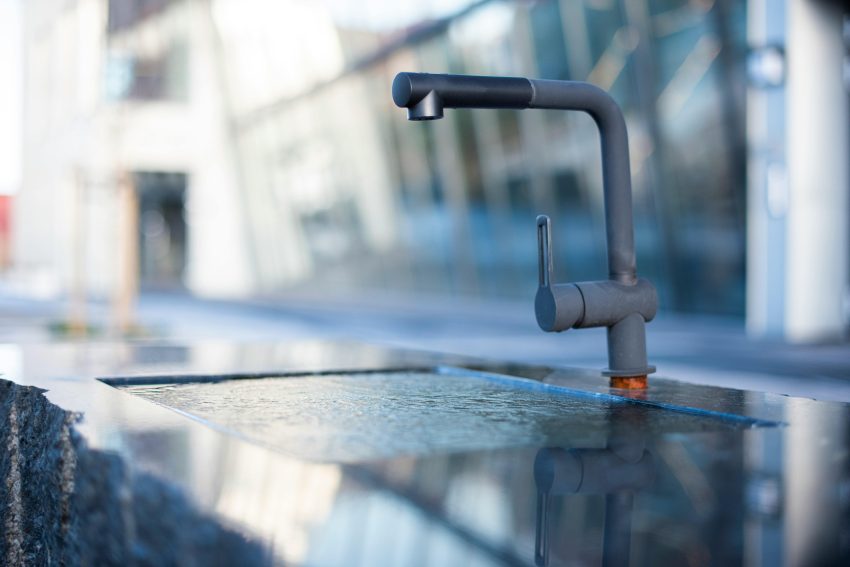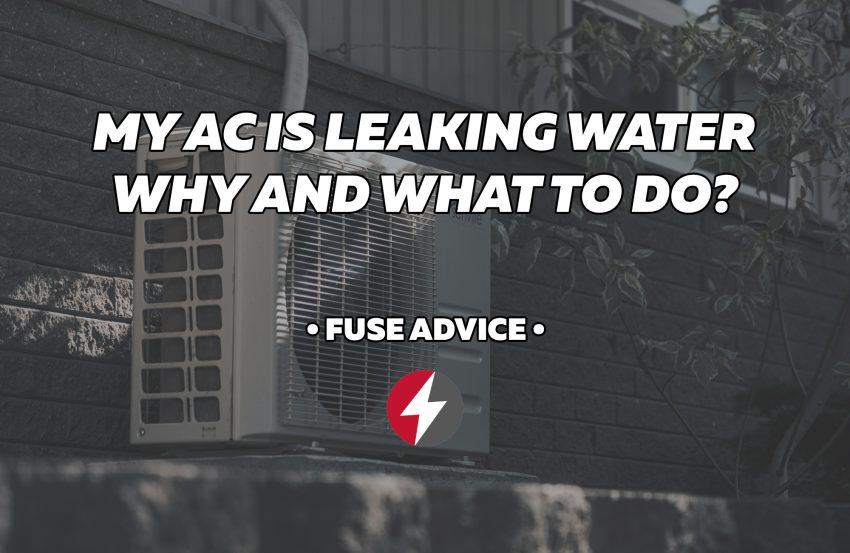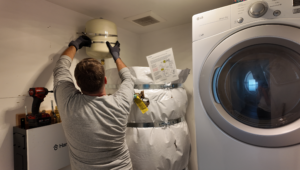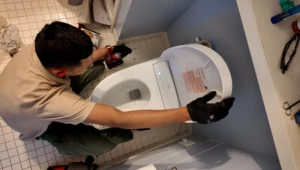
Clean water is essential, but unfortunately many households have water quality issues. While city water treatment plants do their best, the quality of tap water can be really different depending on your location, local infrastructure, or even the plumbing in your home. Many people nowadays consider a water filtration systems due to concerns over contaminants and waterborne diseases. But is it something you personally need? Read this article to find out as well as learn about the different types available, and how to choose the right one for your home.
Why Should You Consider a Water Filtration System?
Even though tap water is treated to meet safety standards, it doesn’t guarantee it’s completely free of contaminants. Below you can find the most wide-spread contaminants—we won’t recommend this reading if you got germophobia!
Contaminants in Tap Water
- Chlorine and chloramines: These chemicals are used to disinfect water, and they can leave an unpleasant taste or odor.
- Lead: Leas is a very serious health risk, and it is more common in older homes with lead pipes. Even small amounts of lead can be harmful, especially to children.
- Pesticides and herbicides: Runoff from farms can introduce harmful chemicals into your water supply.
- Microorganisms: While water treatment plants aim to remove pathogens, some particularly persistent bacteria, viruses, or parasites may still be present.
- Heavy metals: No, not the Iron Maiden one. Much worse—you can find mercury, arsenic, and cadmium in your water.
Hard Water Issues
Hard water contains high levels of minerals—mainly calcium and magnesium. It has been already proven that they are not particularly harmful. But they still can cause buildup in your pipes and appliances. That shortens their lifespan and leaves streaks on your glassware. A filtration system can help soften water by removing these minerals.
Taste and Odor Concerns
Yes, we are not afraid to say that—different water tasted different! Even if your water is safe, it might not taste or smell great. A filtration system can eliminate odors or tastes caused by chlorine or other chemicals, making it more pleasant to drink and use.
Health Needs
If someone in your household has a compromised immune system or specific health concerns, clean water is even more critical. In these cases, you may need water that’s free from specific contaminants.
Types of Water Filtration Systems
There are various water filtration systems available, each designed to target specific problems.
Activated Carbon Filters
These filters use porous carbon to trap contaminants and improve water taste and odor. They’re great for removing chlorine and certain chemicals.
- Pros: Affordable and easy to install; improves water taste.
- Cons: Doesn’t remove heavy metals or microorganisms.
Reverse Osmosis (RO) Systems
Reverse osmosis systems use a membrane to filter out a wide range of contaminants, including heavy metals and microorganisms.
- Pros: Highly effective at removing many contaminants.
- Cons: Expensive, slower process, wastes some water.
Ultraviolet (UV) Filters
UV filters kill bacteria and viruses using ultraviolet light but they don’t remove chemicals or sediments.
- Pros: Eliminates microorganisms effectively.
- Cons: Doesn’t filter out chemicals, requires electricity.
Water Softeners
These systems specifically target hard water by removing calcium and magnesium.
- Pros: Reduces scaling and prolongs the life of plumbing.
- Cons: Doesn’t remove contaminants, adds sodium to the water.
Whole House Filtration Systems
These comprehensive systems filter water as it enters your home, providing clean water for every tap.
- Pros: Treats water throughout the house, customizable.
- Cons: Expensive and requires professional installation.
How to Choose the Right Filtration System
To decide if you need a filtration system and which one fits your needs, you should consider the following factors of your home and family:
Water Quality
Start by checking the quality of your tap water. You can request a water quality report from your local utility or use a home testing kit to identify contaminants. This will help you choose the best system.
Contaminants to Remove
Different systems target different issues. If you’re mainly concerned about heavy metals like lead, a reverse osmosis system might be ideal. For biological threats, a UV filter could be necessary.
Water Usage
Think about how much water you use. A faucet-mounted filter may suffice for drinking water, but a whole house system is better if you want clean water throughout your home.
Cost and Maintenance
Water filtration systems vary in price of installation and maintenance. Smaller, affordable options like pitcher filters are easy to maintain, while whole house systems require more investment and regular care.
Environmental Impact
Some systems, like reverse osmosis, waste water during filtration. If you’re concerned about sustainability, look for eco-friendly options.
Do You Need a Water Filtration System?
Whether or not you need a water filtration system depends on several factors:
- Local water quality issues: If your area has a history of water contamination or your home has old plumbing, a filtration system is worth considering.
- Taste or odor concerns: A simple filter can improve unpleasant tastes and smells.
- Health considerations: If someone in your household has specific health concerns, a filtration system may offer extra peace of mind.
- Hard water problems: If hard water is causing scaling or other issues, a water softener could be a big help.
Conclusion
Having access to clean water is essential for your health and comfort. While tap water is generally safe, a filtration system is a great way to improve its quality by removing contaminants, softening hard water, or just making it taste better. By understanding your water quality and household needs, you can choose a filtration system that ensures your family enjoys safe, clean, and great-tasting water every day. And if you can’t make a choice by yourself, we are here to lend you a hand—call (408) 898-1576 or email support@fuseservice.com.






